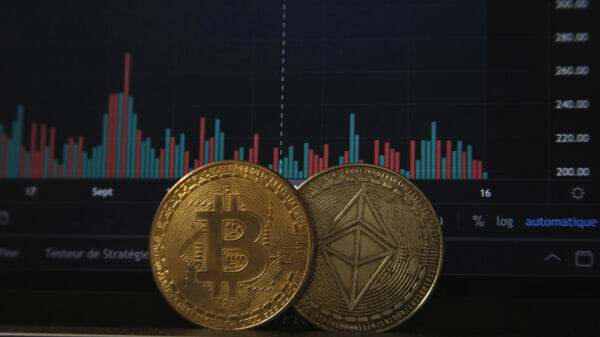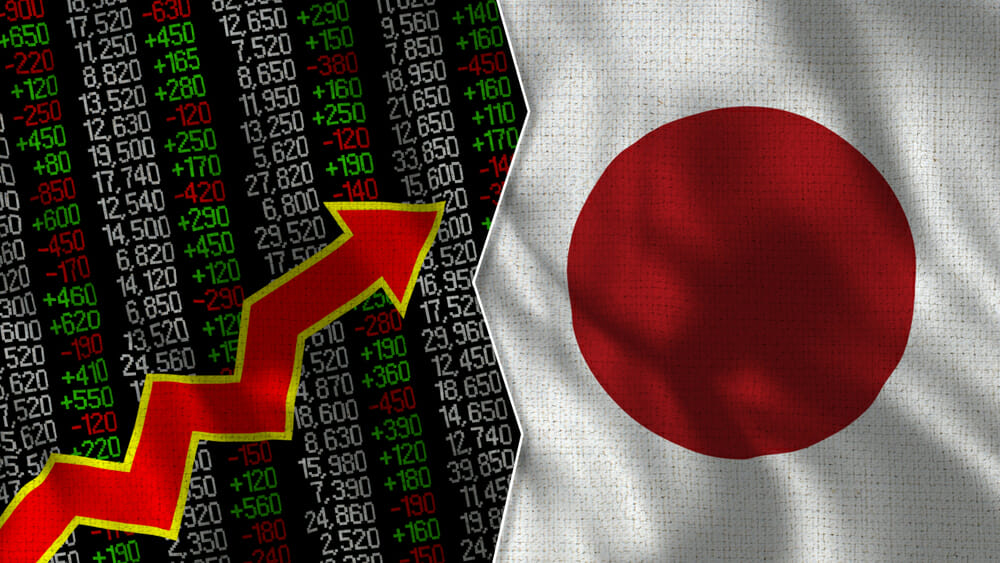Japan’s stock markets are experiencing a resurgence, reaching levels not seen since the country’s infamous “bubble economy” in 1990. However, analysts quickly note that this rally differs significantly from the speculative frenzy of the past. Japan has undergone structural changes, and nationwide real estate prices have not skyrocketed as they did during the previous bubble.
The Nikkei 225, Japan’s benchmark index, has surpassed the 30,000 mark since late May, marking a milestone not achieved in 33 years. However, it is important to highlight that the index still remains approximately 18% below its all-time high of 38,915 recorded on December 29, 1989.
The bursting of the bubble in the early 1990s was triggered by the Bank of Japan’s decision to tighten monetary policy, leading to the collapse of equity and land prices. By September 1990, the Nikkei index had plummeted to just half of its record high, signaling the beginning of Japan’s “lost decade.”
Contrary to the concerns of a repeat scenario, analysts interviewed by CNBC believe that Japan is unlikely to face a similar crash this time around. Dong Chen, head of macroeconomic research at Pictet, a private bank, expressed that Japan’s current circumstances differ significantly from those of the late 1980s.
Japan’s impressive stock rally may cool in the second half of this year, according to Talaria Capital https://t.co/wKayg1pajB
— Bloomberg (@business) June 26, 2023
“It is very difficult to argue that Japan is facing the same situations as in the late 1980s,” stated Chen, highlighting the notable changes that have occurred in the Japanese economy.
Ryota Abe, an economist with Sumitomo Mitsui Banking Corporation’s global markets and treasury department, shares this sentiment. He believes that rapid economic growth, low unemployment rates, and easy access to credit fueled the stock rally in the 1980s. These factors played a pivotal role in the speculative fervor that ultimately led to the bubble’s collapse.
However, the current rally in Japan’s stock markets is driven by different dynamics. Analysts point to more sustainable factors such as improved corporate governance, profit growth, and potential policy reforms as contributing factors to the market’s resilience.
While some moderation or even a correction may be expected in the near term, analysts remain optimistic about the long-term investment prospects for Japan. The country’s evolving economic landscape and the absence of the excesses witnessed during the bubble period suggest a more stable foundation for growth.













































